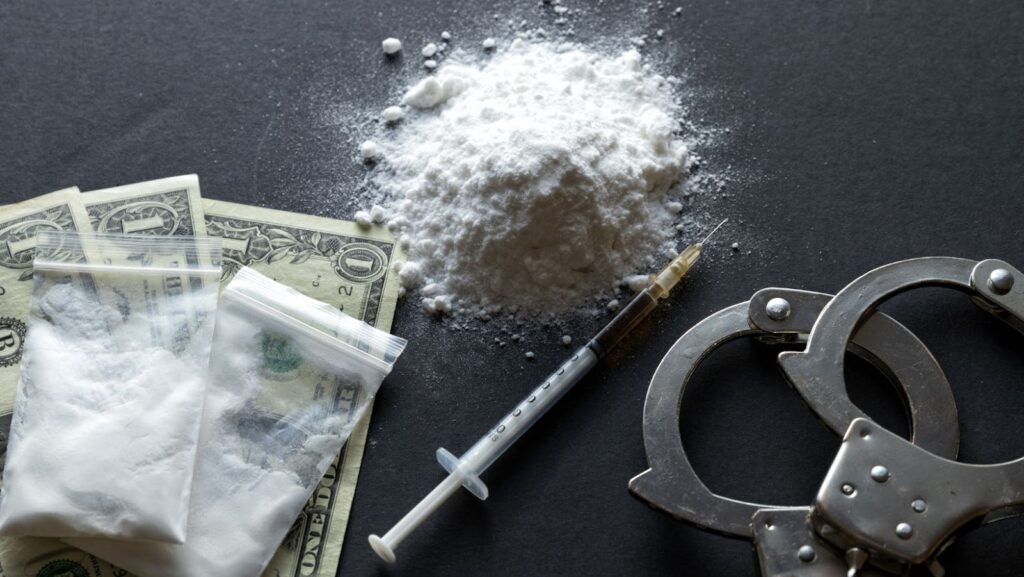
Criminal conviction can lead to life-altering damage to your reputation, but if you have the right lawyer, you can figure out the best path forward. We’ll discuss a few things you should know regarding Texas drug offenses now.
How Much the Police Catch You with Matters
Let’s say the police pull over your car or stop you on the sidewalk and pat you down. They discover a joint in your pocket. They probably won’t arrest you in that instance unless you have an outstanding warrant. They will let you go, but you’ll probably pay a fine.
However, maybe they pull over your car or frisk you on the sidewalk, and they find several ounces on you. Perhaps you have that weed for personal use, but the police might still say you’re a drug dealer.
If you have larger drug amounts on you, the court system might hit you with intent to distribute charges. That’s a more serious offense. You might face jail time if you don’t plead out.
Your lawyer can tell you whether pleading out makes sense. If you go to trial and fight the charges, you might get off, but you might also end up in jail. If so, that blemish on your record can hurt your job-finding chances later.
Prior Offenses Matter

If the police catch you with drugs, maybe you don’t have enough, so they’ll claim you’re a drug dealer. However, if you have prior offenses, that makes the situation worse.
If the police catch you with a little weed one time, you might pay a fine, and that’s the end. If you have multiple previous drug arrests, though, that sends the message that you’re defying the Texas court system.
You might have other non-drug-related offenses as well. Maybe you have some domestic violence offenses on your record, or robbery or burglary. Any time the judge sees that they’ll follow harsher sentencing guidelines.
You Needn’t Communicate Without a Lawyer Present
If the police catch you with drugs, they might ask you questions. They’ll ask whether you know your supplier and where you meet them. They’re always looking for additional arrests and convictions.
You can demand a lawyer and not talk till one gets there. Your attorney can speak for you. They can consult with you without the cops present and tell you the best strategy. They can speak on your behalf throughout the court appearance when the judge talks about bail.
Some Drugs Demand Harsher Penalties
What the judge does and says when you show up in court also depends. They might not lock you up if you have a little weed on you. If you have some heroin or crystal meth, the judge must doll out a harsher penalty under the law.
Things like heroin go in penalty group one in Texas. That’s the worst group. Something like prescription drugs goes in group three, which the law does not judge as harshly.
The judge must also look at whether you committed additional criminal offenses while carrying the drug or using it. For instance, maybe you smoked weed in an elementary school parking lot. That’s worse because you had drugs around children. If the cops catch you with drugs in your house, that’s not so bad.

Drug Violations Carry Minimum and Maximum Sentences
You should know one additional thing about Texas drug offenses. If the police catch you with drugs and you wind up in a courtroom before a judge, that judge must give you a minimum penalty. They also have a maximum penalty. The time you serve and the fine you’ll pay must fall into that range somewhere.
For example, say that the police caught you with a controlled substance. It’s your first offense, and you didn’t have much on you. The judge cannot send you to jail for over six months, maximum. They can also charge you a $2,000 fine, but not more than that.
If you act contrite in the courtroom, that should help you. If you say you’re sorry and won’t do it again, the judge might give you a suspended sentence or a small fine.
If you act arrogant or sneer while in court, that will likely backfire. The judge might impose the harshest sentence that way.


More Stories
How Many YouTubers Have 1 Million Subscribers?
Video Translation for Multinational Marketing Campaigns: Finest Practices
Responsible Gaming With Free Casino Credit: Enjoying the Benefits Safely